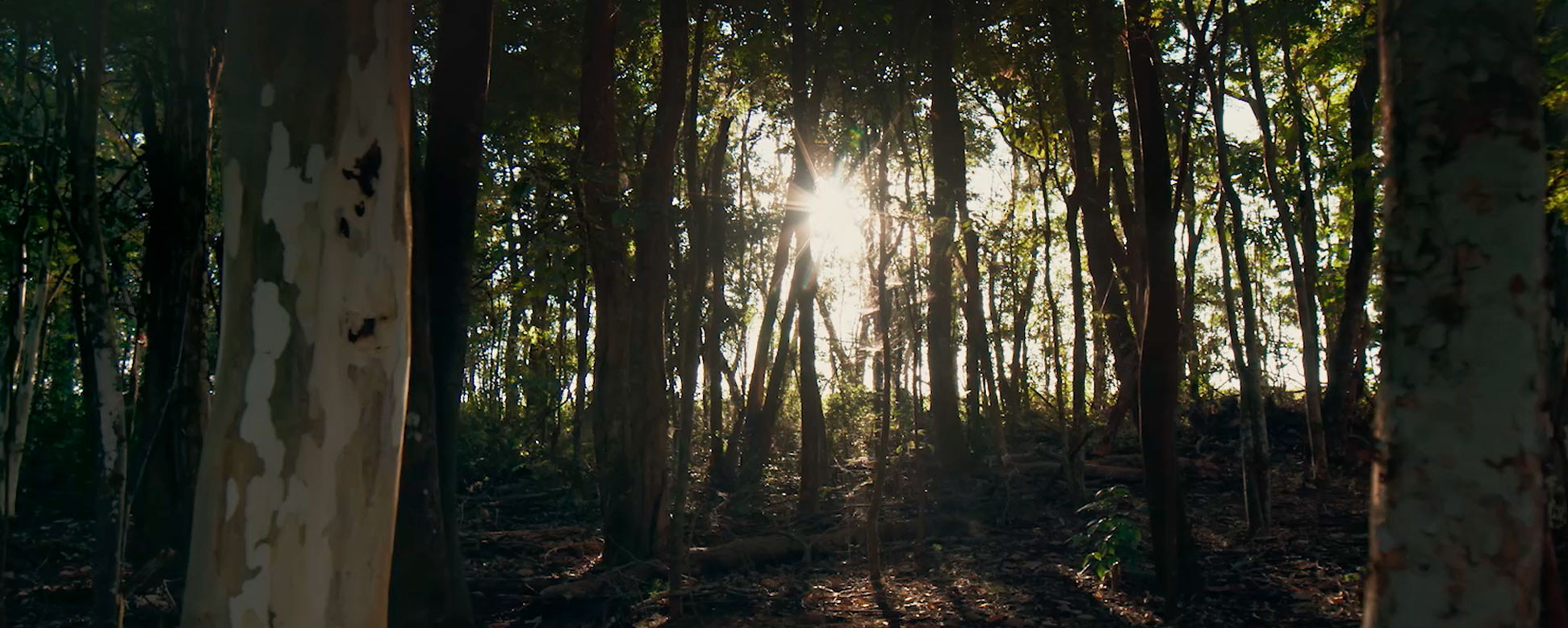
Environmental Compensation

100% OF NATIVE'S PACKAGINGS ARE ENVIRONMENTALLY COMPENSATED
The National Solid Waste Policy organizes the way Brazil deals with waste. One of its requirements is that manufacturers, distributors, importers or traders of products that use packaging are required to ensure that at least 22% of all post-consumer waste in the market is recycled. Aware of the problem of waste and the negative impact it causes on the environment, Native goes beyond the requirements of the PNRS and, through a partnership with eureciclo, carries out the Environmental Compensation of 100% of its packaging sold in Brazil. In other words, for each organic Native product sold, another package of the same material is recycled, thus respecting nature and valuing the recycling chain.
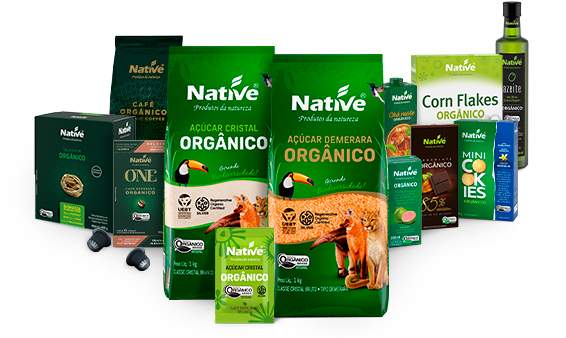
A GESTURE OF RESPECT FOR THE ENVIRONMENT THAT GENERATES BENEFITS FOR PEOPLE
Waste is everyone's responsibility. When discarded in nature, it can contaminate soil and water, be harmful to animals and even cause fires. In cities, garbage can clog drains, increase cases of flooding and spread of diseases.
Polls indicate that every Brazilian generates approximately 1 kilo of waste per day, which can reach 80 million tons of waste produced per year in Brazil, with 27 million tons of waste that can be recycled.
Recycling is one of the allies in combating the problem, helping to reduce the amount of waste shipped to landfills, in addition to giving a new destination to materials that would only contribute to the pollution of the planet. With eureciclo´s support, Native manages to offset the environmental impact of 100% of its packaging, in addition to valuing the entire recycling chain and workers in the sector.
883.3 TONS
ENVIRONMENTALLY COMPENSATED*

634 tons
OF CARDBOARD

1.3 tons
OF ALUMINUM

38 tons
OF GLASS

210 tons
OF PLASTIC
*Approximate mass of environmentally plywood materials by Native, through a partnership with eureciclo, in 2021.
Para você ter uma dimensão dos números de 2022:
634 tons of plywood cardboard helped to save 6974 trees.
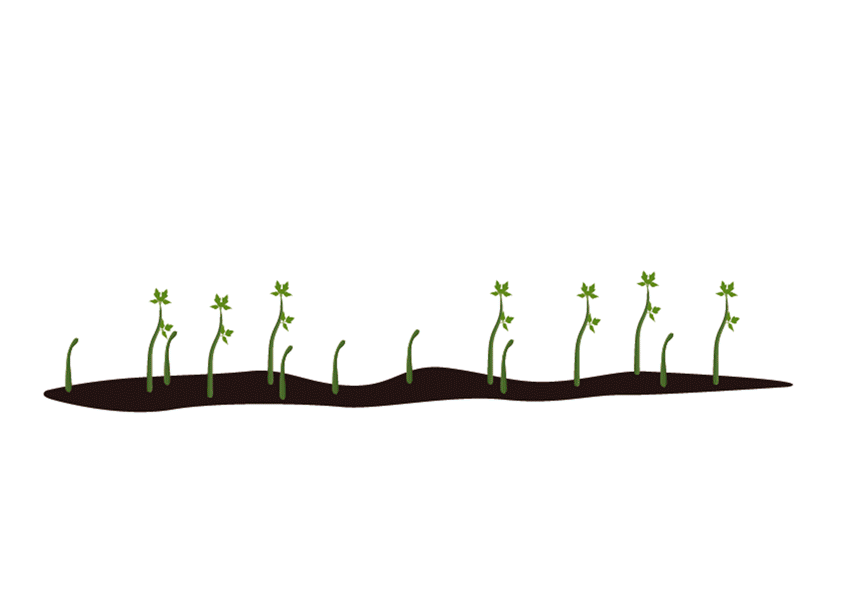

1.3 tons of plywood aluminum helped to save 11 tons of CO2 .


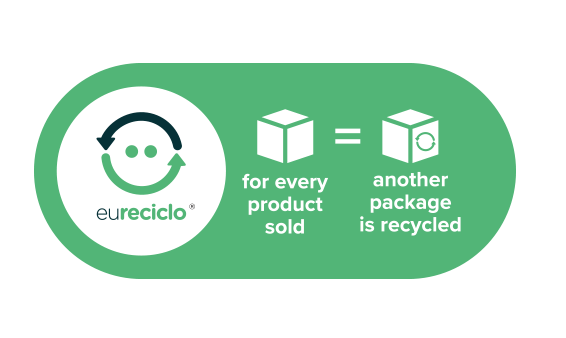
If it has eureciclo's seal, it is recyclable
Eureciclo is a logistics technology company whose mission is to increase recycling rates and create value for all agents in the chain. Through block chain technology, eureciclo tracks every step of the waste process, offering security and transparency to companies such as Native. Environmental compensation guarantees the recycling of equivalent material from the company's packaging and remunerates the environmental service of the sorting centers. The investment is reversed in the chain, generating scalable economic incentives for recycling in Brazil and increasing the plants’ production capacity.

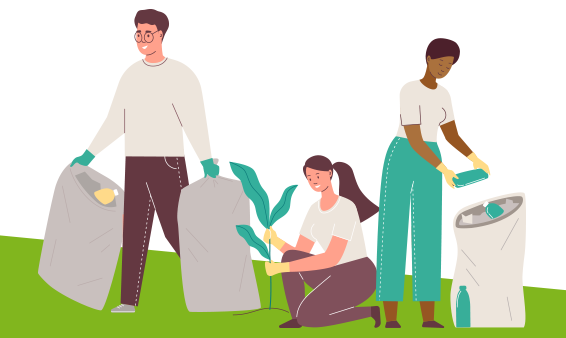
STIMULUS FOR THE RECYCLING CHAIN
In addition to all the benefits for companies and the environment, the credits generated by the partnership with eureciclo help to value the recycling chain and workers in this sector. The investment generates incentives such as:
● Structuring of cooperatives with the acquisition of machines and equipment that increase the sorting capacity, trucks that increase the collection capacity, and improvements in the general infrastructure;
● Enabling chains of materials with low recyclability, adding value to the materials;
● Better distribution of income and compensation;
● Payment of labor charges and tax regularization;
● Purchase of safety equipment (PPE);
● Capacity building and training.



